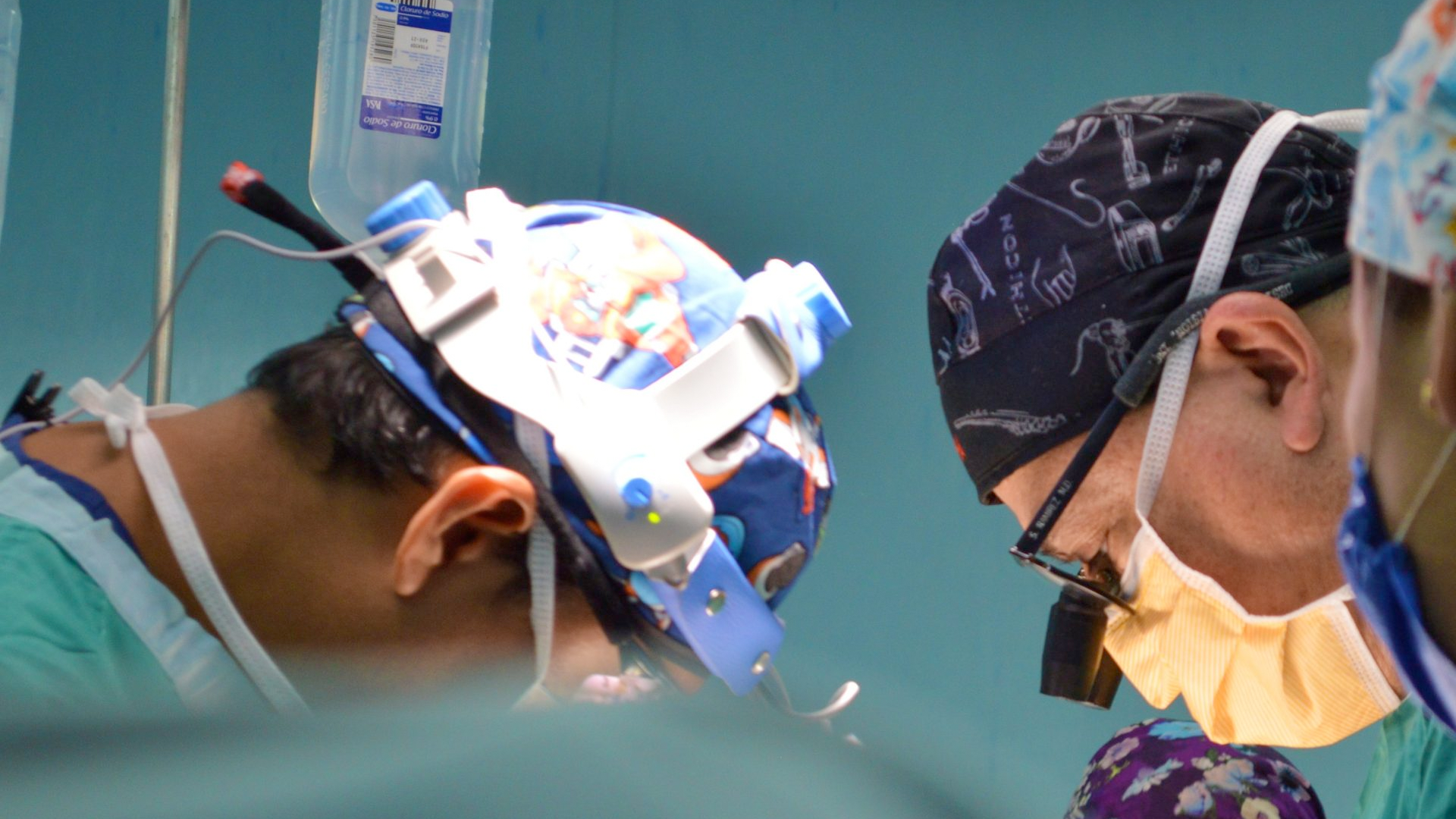Surgery
If you are diagnosed with early-stage prostate cancer, found only in the prostate, surgery may be recommended. Surgery may also be an option in advanced prostate cancer, to control symptoms.

Surgery
If you are diagnosed with early-stage prostate cancer, found only in the prostate, surgery may be recommended. Surgery may also be an option in advanced prostate cancer, to control symptoms.
There are many types of surgery, all of which involve the surgeon removing the entire prostate gland, seminal vesicles and the lymph nodes close to the prostate.
Types of prostate surgery
Radical retropubic prostatectomy. This involves the surgeon making a large cut in your abdomen, below the belly button. The surgeon then removes the prostate through your open abdomen.
Laparoscopic prostatectomy. The surgeon will make several small cuts in your abdomen and insert surgical tools through these cuts. Then, using a laparoscope, which is a long, thin tube with a camera on the end, the surgeon can see the prostate and will remove it through the small cuts using the surgical tools (often called keyhole surgery).
Radical perineal prostatectomy. The prostate is removed through a cut that is made between the scrotum and the anus.
Robotic laparoscopic surgery. Small cuts are made in the abdomen and the surgeon uses a laparoscope and a robot to remove the prostate through the cuts. The surgeon operates the robotic arms using a computer.
Treatment and symptom relief
- Multiple tubes inserted transperineally and used to freeze and kill prostate tissue.
- Transurethral Resection of the prostate (TURP). A long thin scope is inserted through the urethra. The end of the scope has a cutting tool which is used to remove tissue from the prostate. A TURP does not remove all of the cancer from the prostate but it can help to relieve a blockage of urine flow.
Be sure to discuss pain relief with your doctor prior to surgery. You’ll be given medication to control any pain you may experience and you’ll be able to adjust your pain relief after surgery, on discussion with your doctor.
You’ll probably have to stay in hospital after the surgery and a tube will be put through the penis into your bladder to drain urine whilst you are healing. The tube will stay in for about 5 to 14 days.
You might experience urinary incontinence after surgery. This means you may lose control of your bladder. In most men, this is only temporary and you’ll be given advice on exercises to help you regain bladder control. However, in some men this may be permanent and a team of doctors and nurses will help you to deal with the problem.
Another side effect of surgery can be erectile dysfunction. This means the nerves around your prostate may be damaged, resulting in loss of sexual function. Whilst sexual function can return in some men, permanent erectile dysfunction will occur if the nerves are severed. Again doctors and nurses can help you manage the problem.
Once your prostate is removed you will have dry orgasms. This means there’ll be no semen released when you have an orgasm. Sperm banking is recommended if you still wish to father children.
References
- American Cancer Society. Initial Treatment of Prostate Cancer, by Stage and Risk Group. https://www.cancer.org/cancer/prostate-cancer/treating/by-stage.html. Accessed on 22 October 2021.
- American Cancer Society. Surgery for Prostate Cancer. https://www.cancer.org/cancer/...; Accessed on 22 October 2021.
